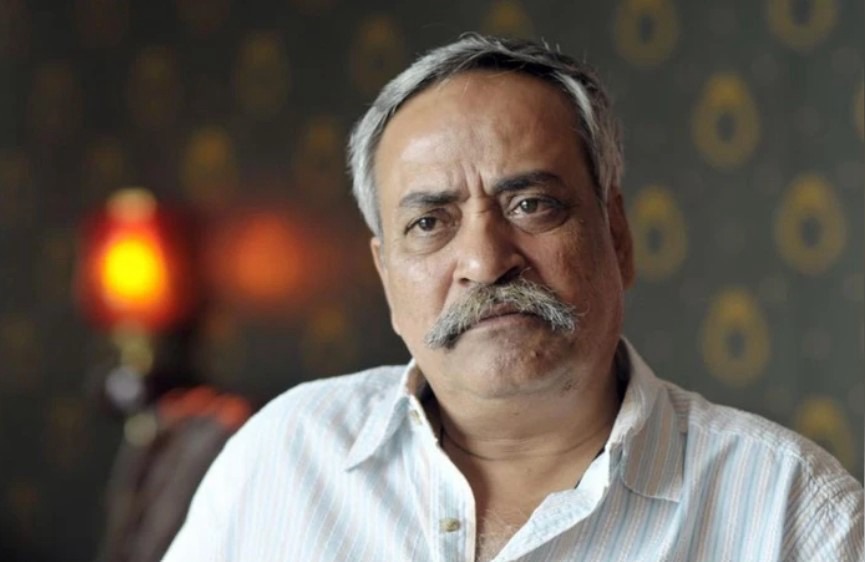By Venkat Reddy Mandala
The Indian advertising world bid farewell to one of its most influential creative minds with the passing of Piyush Pandey, widely regarded as the face of modern Indian advertising. The 70-year-old Adman, who spent over four decades shaping the country’s communication landscape, left behind an unmatched legacy of creativity, cultural insight, and brand-building brilliance.
Born in Jaipur and joining Ogilvy India in 1982, Pandey entered a profession dominated by Western ideals — slick English accents and imported aesthetics. What he brought instead was unmistakably Indian: the vibrancy, warmth, and wit of everyday life. Under his creative leadership, Ogilvy became the country’s most awarded agency and a powerhouse of homegrown storytelling, topping industry surveys for over a decade.
Pandey’s hallmark was his ability to turn brands into living, breathing parts of Indian culture. His early breakthrough came with “Chal Meri Luna” for Kinetic Group’s moped — a slogan that embodied aspiration for middle-class India and became part of daily vocabulary. For Fevicol, he created one of advertising’s most enduring taglines — “Fevicol Ka Jod Hai, Tootega Nahin” — transforming an adhesive into a metaphor for trust and unbreakable bonds.
Equally memorable was his Cadbury Dairy Milk campaign “Kuch Khaas Hai”, which redefined chocolate as a universal symbol of celebration and joy. The cricket-pitch ad, with its exuberant dance, became an emotion shared by a generation and revived Cadbury’s fortunes in India.
Pandey’s work extended beyond commerce to social transformation. His “Do Boond Zindagi Ke” campaign for the Pulse Polio initiative, featuring Amitabh Bachchan, demonstrated how advertising could move beyond persuasion to purpose. The campaign’s simplicity and emotional resonance played a vital role in India’s eventual eradication of polio.
In 2014, his political slogan “Abki Baar, Modi Sarkar” showcased his instinct for mass communication at its sharpest — concise, rhythmic, and impossible to forget. The line became a rallying cry that transcended advertising, illustrating his unmatched ability to read the national pulse.
Beyond television and print, Pandey also scripted cultural moments that defined modern India. His lyrics for “Mile Sur Mera Tumhara” — the 1988 national integration anthem — gave India a tune for unity that still echoes across generations. Later, the Hutch pug “Cheeka” with the line “You and I in this beautiful world” and the Zoozoos for Vodafone’s IPL campaign proved that charm and creativity could thrive in any medium.
Across decades, Piyush Pandey’s work reflected a single truth — that advertising is most powerful when it speaks the people’s language. He captured India’s humour, heart, and contradictions with rare authenticity, inspiring generations of storytellers to trust their roots.
More than a creative legend, Piyush Pandey was India’s mirror — holding up its hopes, humour, and humanity through the simple magic of words and images. His voice will continue to echo every time a line makes us smile, remember, or believe.
- The author is a Senior Business Journalist and Corporate Communications Professional




